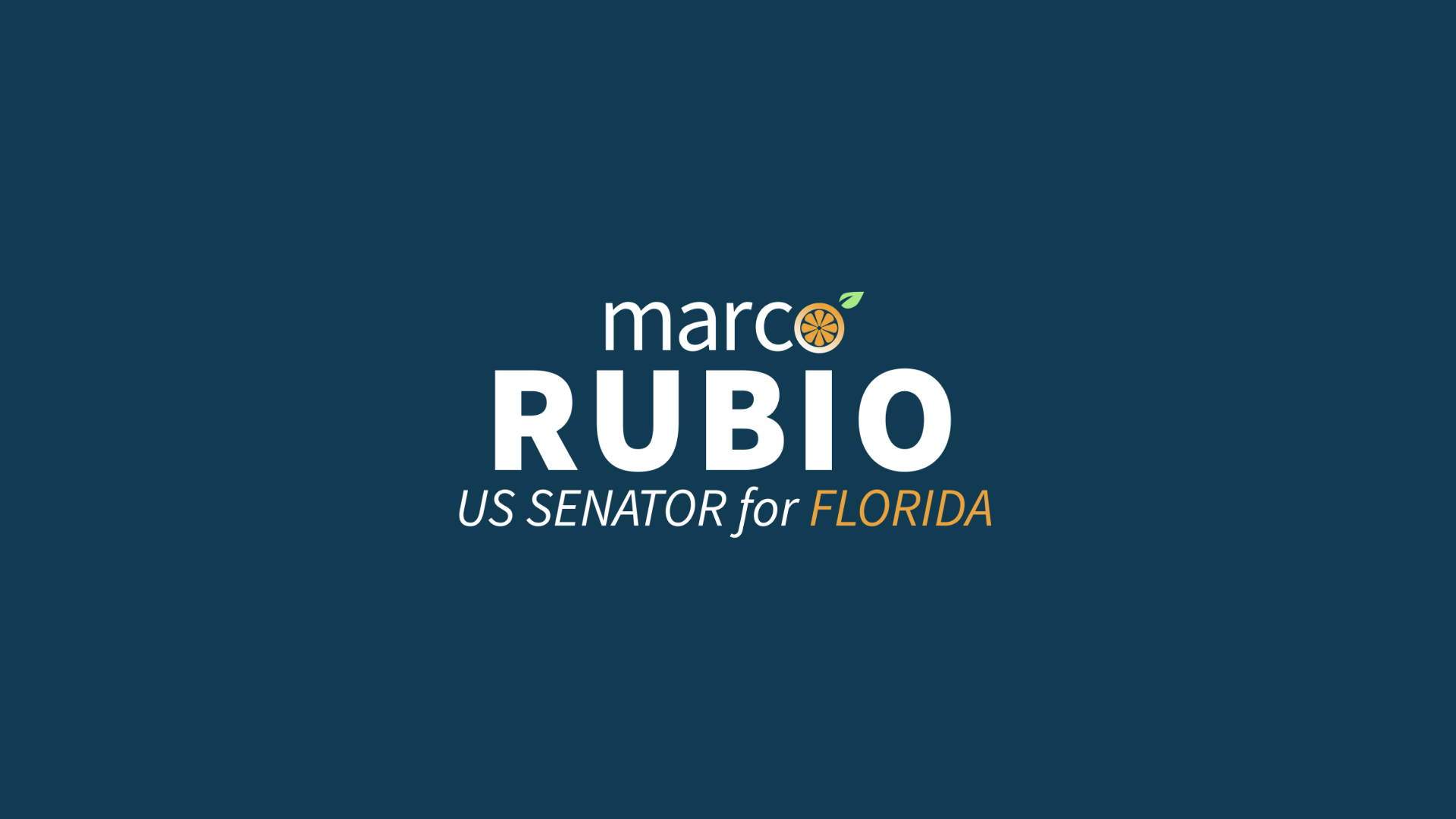Source: United States Senator for Florida Marco Rubio
Miami, FL — U.S. Senator Marco Rubio (R-FL) sent a letter to President Joe Biden urging him to support energy projects in democratic nations in the Western Hemisphere rather than pursuing deals with anti-American and authoritarian regimes in Venezuela and Iran. The letter follows reports that the Biden Administration chose not to lend to a project in Guyana, a democratic nation in South America. The project would not only have supported the growth of Guyana’s economy, it would have also helped address rising energy prices in the United States by supporting an expansion of Guyana’s capacity to produce and export more oil. The opposed project would have also invested in solar power capabilities.
“Instead of supporting common sense projects that would strengthen our relationship with our allies and help the energy crisis at home, your administration is working behind closed doors to lift sanctions on the fossil fuel industries controlled by the Maduro regime in Venezuela and the Ayatollahs in Iran. Both of these regimes actively oppose our interests and values at every step, from financing international terrorism, to oppressing their own people,” Rubio wrote. “Therefore, I urge you, before seeking to convince bloodthirsty dictators to enter into misguided deals, explore supporting projects in democratic countries that actually want to work closer with us. Doing so will require no moral compromise on our part, while still reaping benefits for the American people.”
Rubio is a senior member of the Senate Committee on Foreign Relations and Ranking Member of the Foreign Relations Subcommittee on Western Hemisphere, Transnational Crime, Civilian Security, Democracy, Human Rights, and Global Women’s Issues.
The full text of the letter is below.
Dear Mr. President:
I write to request you take urgent action to uphold the United States’ longstanding policy of supporting and strengthening our alliances in the Western Hemisphere. As we work together to address the immediate challenge of confronting Putin’s aggressive authoritarianism and decreasing our dependence on his energy reserves, it is just as important that we do so in a way that strengthens our alliances with other democracies.
Media reports indicate that last October your administration exercised the vote of the United States in the Inter-American Development Bank (IADB) to decide against lending $180 million to a project that would have expanded infrastructure necessary to support Guyana’s budding energy industry. Specifically, that project included expanding port and shore facilities to accommodate larger ships, constructing a waste management facility and even building a $10 million solar power project. In its efforts to secure international financing, the project’s owner, Guyana Shore Base Incorporated (GSBI), undertook an environmental assessment to ensure the project would minimize its impact on Guyana’s coastline. This project would not only have supported the growth of Guyana’s overall economy, it would also help to address rising energy prices here in the United States, by supporting an expansion of Guyana’s capacity to produce and export more oil.
Instead of supporting common sense projects that would strengthen our relationship with our allies and help the energy crisis at home, your administration is working behind closed doors to lift sanctions on the fossil fuel industries controlled by the Maduro regime in Venezuela and the Ayatollahs in Iran. Both of these regimes actively oppose our interests and values at every step, from financing international terrorism, to oppressing their own people. Therefore, I urge you, before seeking to convince bloodthirsty dictators to enter into misguided deals, explore supporting projects in democratic countries that actually want to work closer with us. Doing so will require no moral compromise on our part, while still reaping benefits for the American people.
Thank you for your consideration of this important matter.
Sincerely,
RUBIO INSTA A PRESIDENTE DE EE.UU. A RECHAZAR ACUERDOS CON DICTADORES Y APOYAR PROYECTOS ENERGÉTICOS EN PAÍSES DEMOCRÁTICOS
Miami, FL — El senador estadounidense Marco Rubio (R-FL) envió una carta al Presidente Joe Biden instándolo a apoyar proyectos energéticos en países democráticos de nuestro hemisferio en vez de buscar acuerdos con regímenes anti-estadounidenses y autoritarios como en Venezuela e Irán. La carta surge tras informes que la Administración Biden decidió no prestar plata para un proyecto en Guyana, un país democrático en Sur América. El proyecto no solo respaldaría el crecimiento de la economía de Guyana, sino que también habría ayudado a abordar el aumento de los precios de la energía en EE.UU. al respaldar una expansión de la capacidad de Guyana en la producción y exportación de más petróleo. El proyecto al que se opusieron también habría invertido en capacidades de energía solar.
“En lugar de apoyar proyectos de sentido común que fortalecerán nuestra relación con nuestros aliados y ayudarían con la crisis energética en nuestro país, su administración está trabajando a puertas cerradas para levantar las sanciones a las industrias de combustibles fósiles controladas por el régimen de Maduro en Venezuela y el Ayatolá en Irán. Ambos regímenes se oponen activamente a nuestros intereses y valores en cada paso, desde el financiamiento del terrorismo internacional hasta la opresión de su propio pueblo”, Rubio escribió. “Por lo tanto, lo insto a que antes de buscar convencer a dictadores sedientos de sangre para que celebren acuerdos equivocados, exploren proyectos de apoyo en países democráticos que realmente quieran trabajar más cerca de nuestro país. Hacer esto no requerirá ningún compromiso moral de nuestra parte, y al mismo tiempo cosechará beneficios para el pueblo estadounidense”.
Rubio es el Miembro de Más Alto Rango del Subcomité sobre Hemisferio Occidental, Crimen Transnacional, Seguridad Civil, Democracia, DDHH y Asuntos Globales de la Mujer.
El texto de la carta en inglés está aquí.
